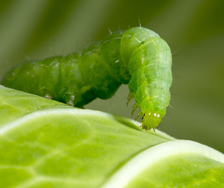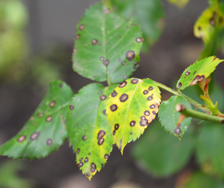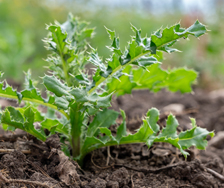Yates Account
Join now
Create a Yates account today!
Sign up to join the Yates Garden Club for monthly e-mails packed with seasonal inspiration, tips for success & exclusive promotions.
Plus if you’re a Garden Club member you can take part in the Yates Growing Community - a blog to share successes, get advice & win prizes in fun challenges along the way!

Forgot password
Enter the email address associated with your account, and we'll email you a new password.

Mandarins are a vibrant and welcome sight during the cooler seasons. They’re so handy to pop in a lunchbox or to have as an on-the-go healthy snack. Mandarins are little packages of juicy citrus goodness!
‘Emperor’ mandarins are a delicious variety that ripen in mid-winter, so are at their peak in July. Emperors are extra easy to peel as they tend to have loose puffy skin.
Growing Tips:
-
Emperor mandarins will grow in all but the coldest areas and prefer a sunny location with well-drained soil.
-
Grafted dwarf Emperor mandarins grow no taller than around 2 m, so are perfect for small backyards and can also be grown in a large container filled with good quality potting mix such as Yates Premium Potting Mix.
When planting a new mandarin tree into the ground, mix some Yates Thrive Natural Blood Bone with Seaweed into the bottom of the planting hole. Yates Thrive Natural Blood & Bone improves the quality of the soil and supplies the newly planted mandarin with gentle, organic nutrients as it establishes. -
Mandarins, like other citrus, are heavy feeders and require lots of nutrients to support all the foliage, flowers and developing fruit. From spring until the mandarins are harvested, feed each week with Yates Thrive Citrus Liquid Plant Food, alternatively top dress with Yates Thrive Natural Citrus Fruit Organic Based Pelletised Plant Food
-
Sometimes mandarins will produce fruit only every second year (called biennial or alternate bearing). To help minimise this, remove some of the fruit when it’s still small and green, which reduces the drain on the tree’s energy reserves. And don’t forget to feed, feed feed!
-
Growing a range of varieties, including Emperor, Imperial and Honey Murcott can provide fruit from late autumn through to early spring.

















Share
Share this article on social media